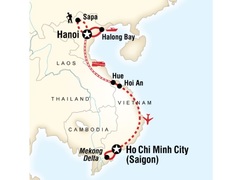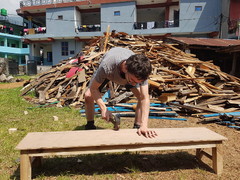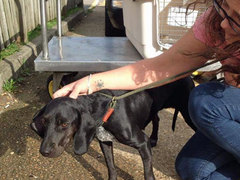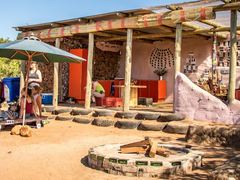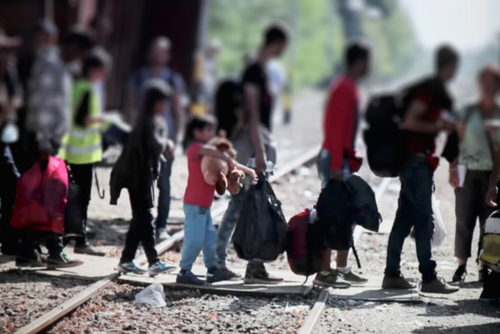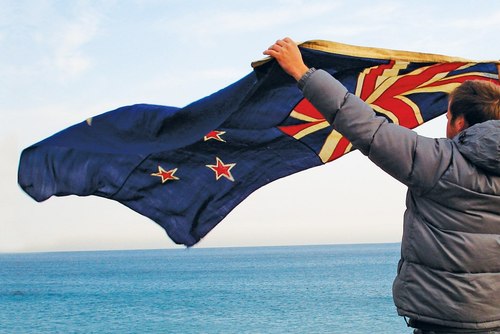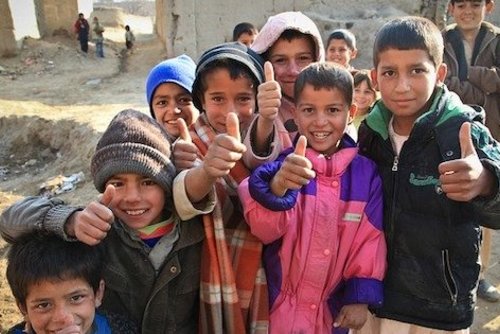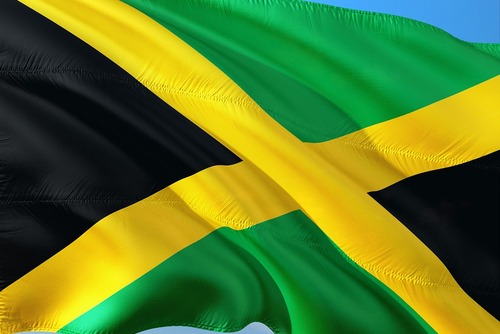Since its inception in 1965, UNITAR has built sustainable partnerships acquiring unique expertise and accumulating experience and knowledge to fulfil its mandate. These accomplishments have enabled UNITAR to respond to the growing demand from UN Member States for training for capacity development in the fields of Environment; Peace, Security and Diplomacy; and Governance.
PEACEKEEPING TRAINING PROGRAMME
Newly added to UNITAR’s list of leading-edge training programmes, the Peacekeeping Training Programme (PTP) offers innovative learning opportunities to prepare prospective civilian, military and police personnel to serve in peacekeeping missions around the world.
Background
The concept of protection of civilians first appeared in the UN Secretary-General’s Report on the Situation of Africa of 13 April 1998 (S/1998/318 or A/52/871) in which Kofi Annan identified the protection of civilians in situations of conflict as a “humanitarian imperative”. Building on this acknowledgement, the concept of protection of civilians has been progressively introduced to a wider audience. Within the framework of peace operations, the full implementation of this principle is hindered by a number of shortcomings, such as the limited understanding of roles and responsibilities, and the lack of clear methods and guidelines.
Target Audience
The course is designed for civilians, military and police personnel eager to serve in peace operations. The course builds on the existing skills and expertise of participants, by showing them how these can be applied in the complex context of peace operations and by providing them with the executive knowledge and additional personal skills they would require.
Participants are expected to have no prior or limited experience in peace operations and to have a vast and diverse demographic and professional range. The course is neither specialized for a particular gender or age group, not to background experience and education. Nevertheless, it is highly advisable that participants have an overall understanding of the structure, components and functioning of a peace operation.
Learning Objectives
This module introduces the main concepts, normative frameworks and laws that regulate sexual behaviour in contexts where peacekeeping missions operate and presents real life situations for reflection on the nature, implications and ways to prevent such violations from occurring.
At the end of the module, participants will be able to:
* Situate protection of civilians in the framework of UN peace operations;
* Define sexual violence, exploitation and abuses;
* Discuss sexual violence, exploitation and abuses within war-affected communities;
* Discuss sexual violence, exploitation and abuses committed by UN peacekeepers;
* Identify ways to improve protection of civilians from sexual violence, exploitation and abuses.
Course Content
The module is structured in five units:
· Unit 1: Introduction to protection of civilians in peacekeeping operations;
· Unit 2: Introduction to sexual violence, exploitation and abuses;
· Unit 3: Sexual violence within war-affected communities;
· Unit 4: Sexual exploitation and abuses by UN peacekeepers;
· Unit 5: Improving protection of civilians from sexual violence.


